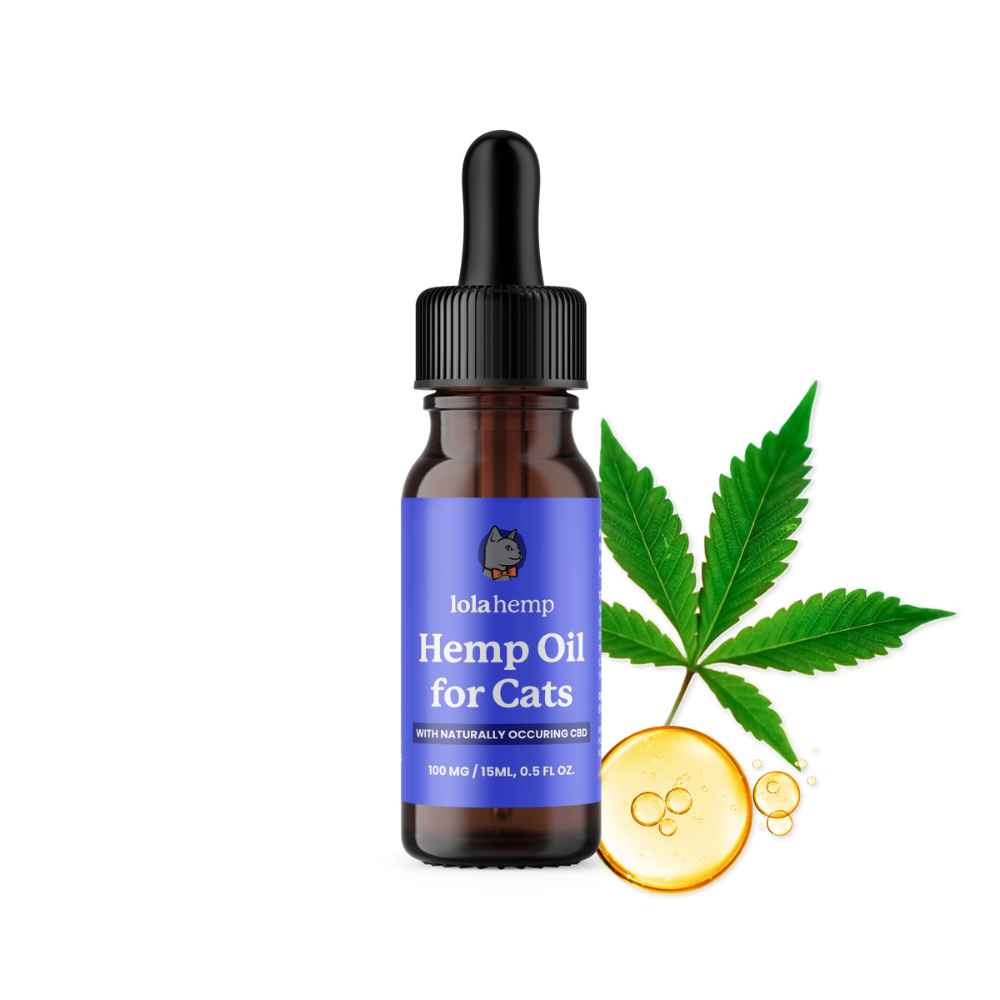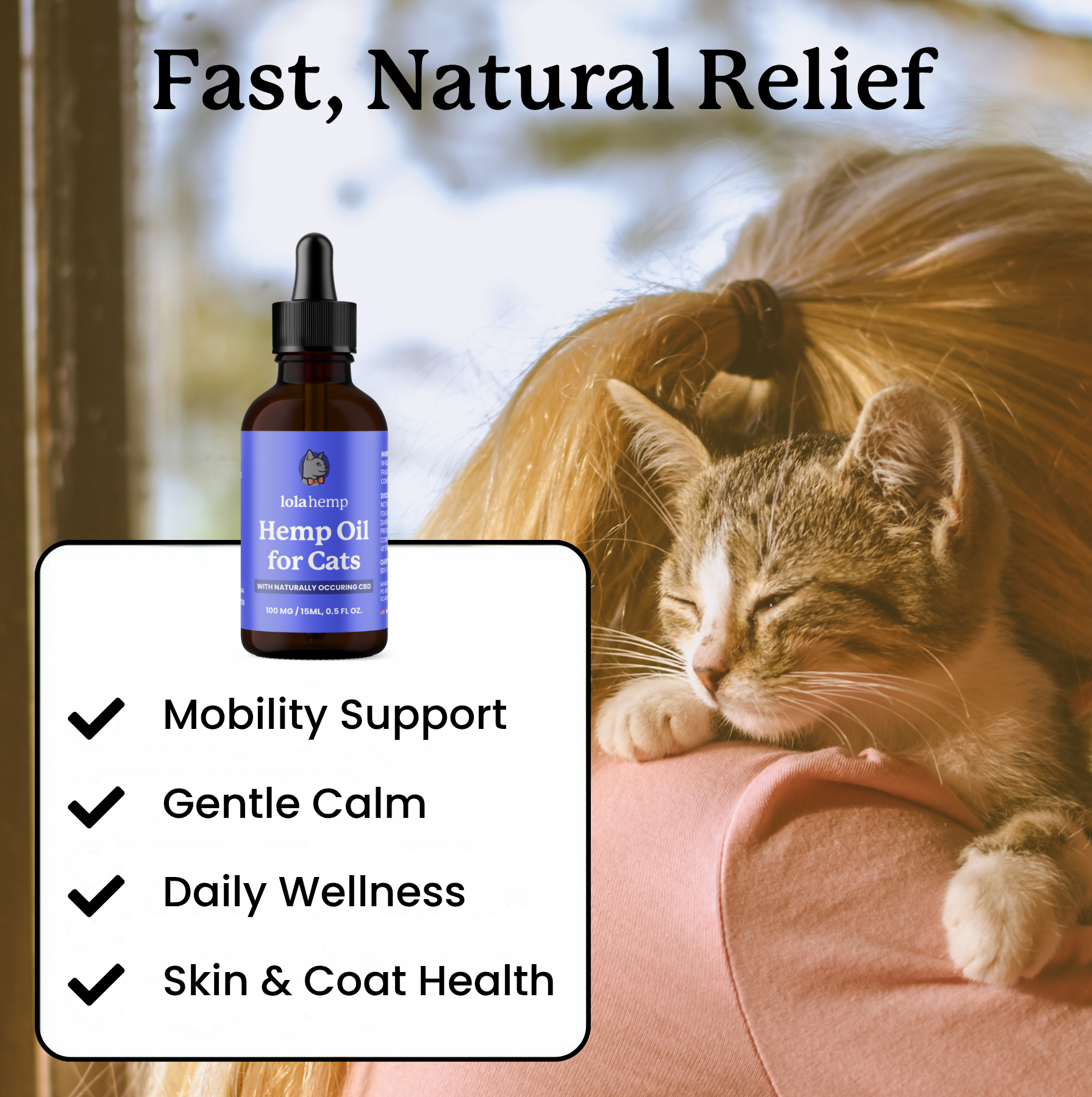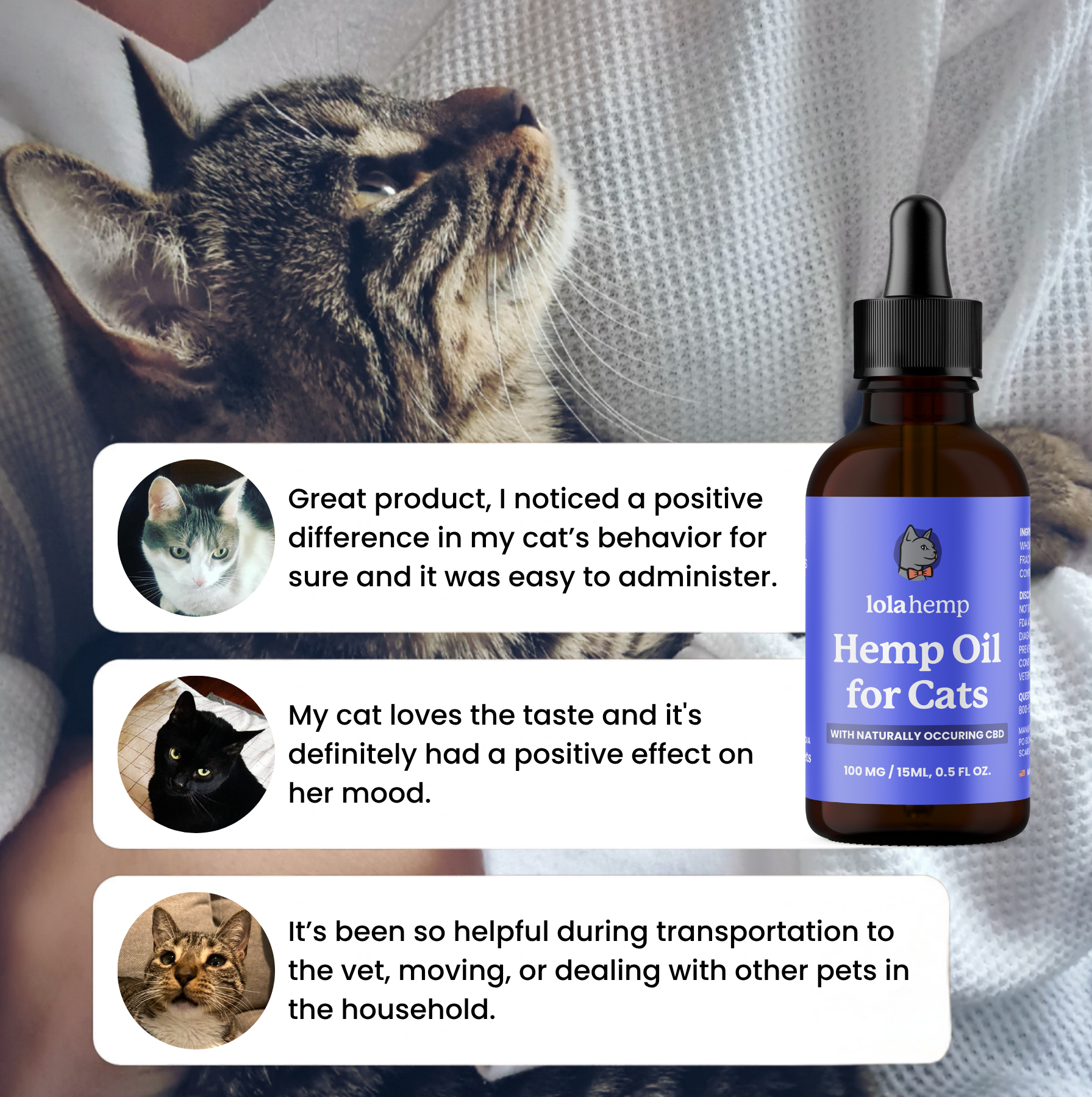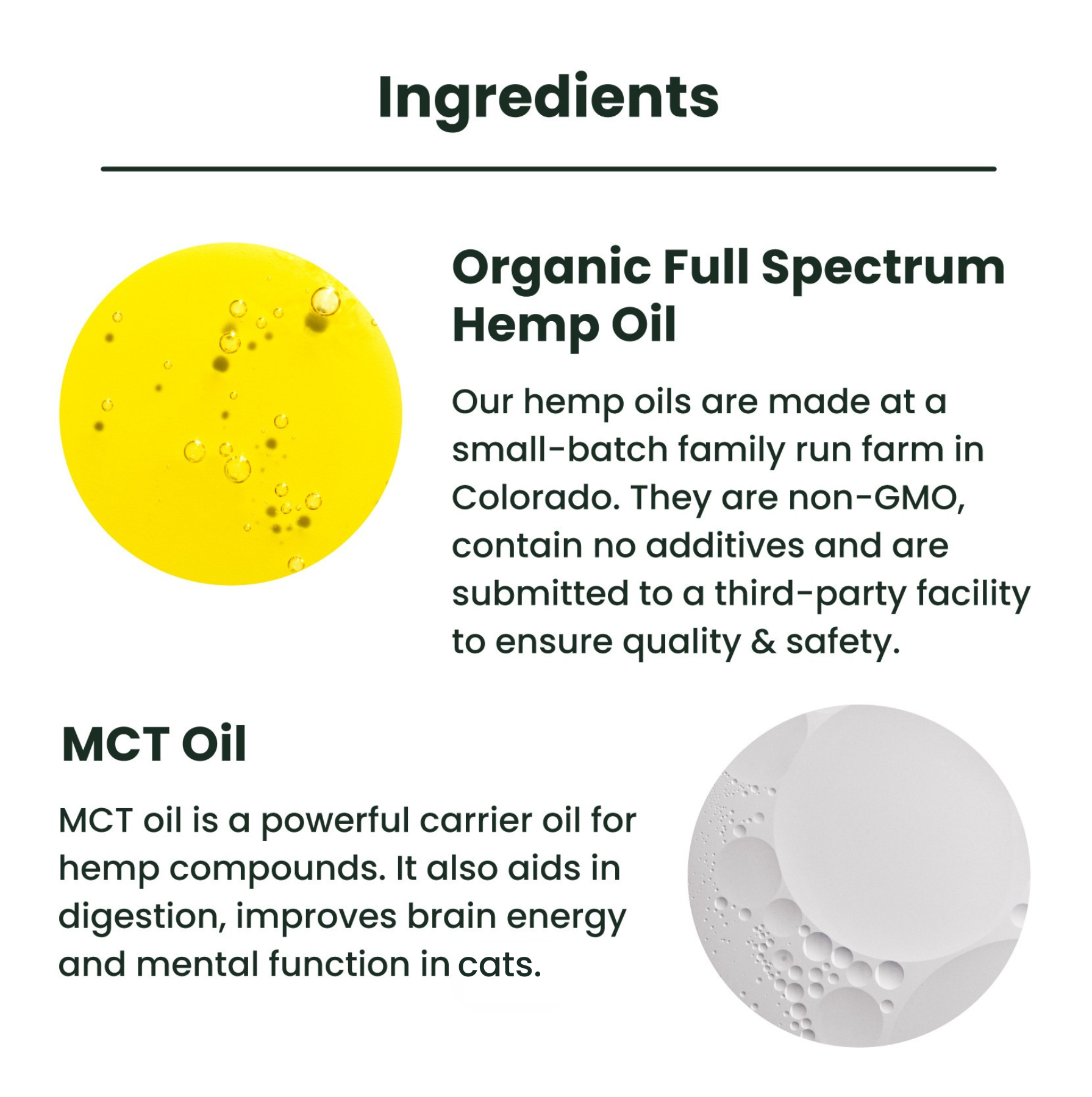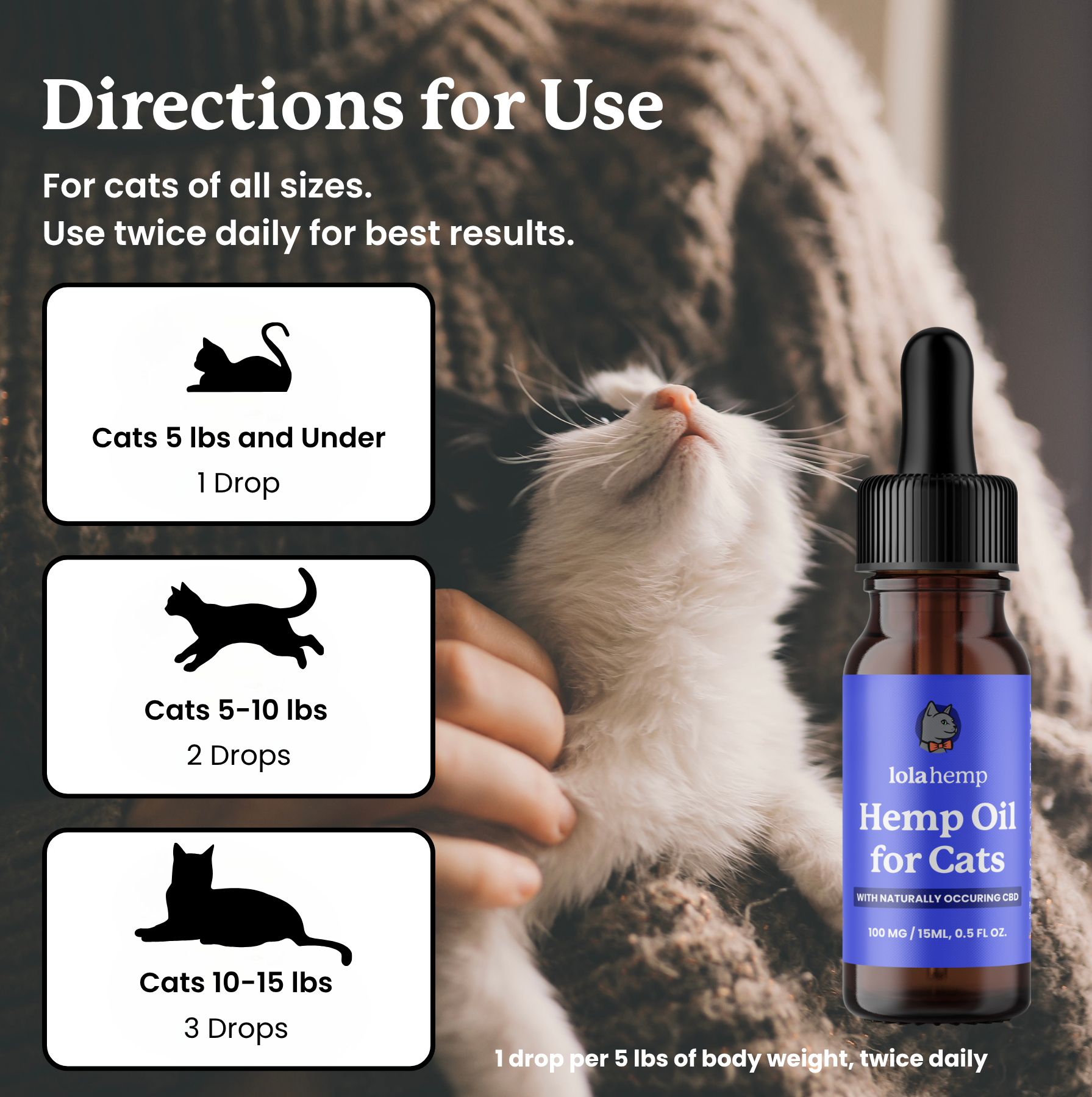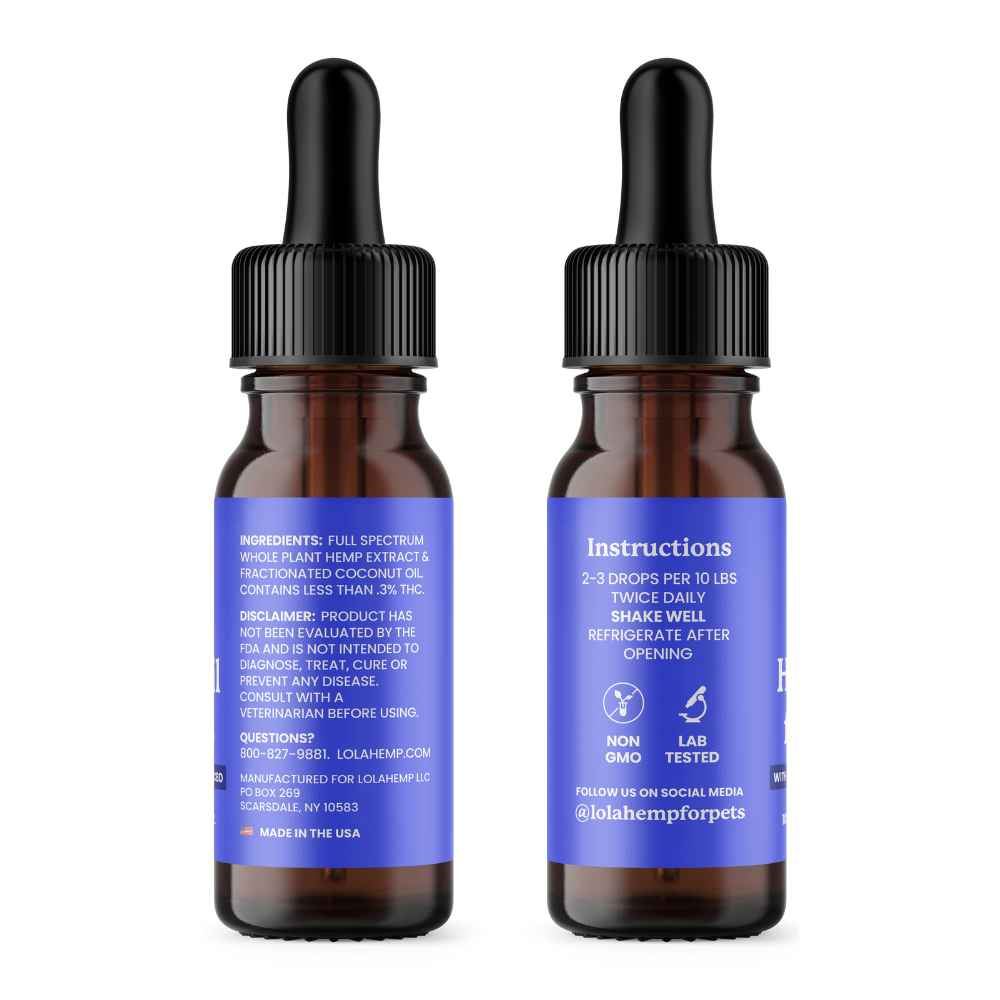Turmeric is a yellow spice long used in traditional medicine. Both turmeric and CBD oil for cats are becoming popular natural options for feline wellness.
Pet owners are always looking for safe alternatives to support their cats’ health, and turmeric stands out because of its anti-inflammatory, antioxidant, and general wellness-supporting properties.
Before diving deeper, note that CBD oil offers similar benefits to turmeric for cats and may be easier to use or even more effective for certain concerns.
- Understanding Turmeric’s Health Benefits
- Turmeric: A Versatile Ally for Feline Well-being
- Turmeric’s Unique Relationship with Cats
- Incorporating Turmeric into Your Cat’s Life
- Topical Uses of Turmeric for Cats
- Embracing Turmeric’s Holistic Potential
- Turmeric and Conventional Veterinary Care
- The Way Forward
- Frequently Asked Questions About Turmeric for Cats
Understanding Turmeric’s Health Benefits

Turmeric is a versatile herb that offers a wide range of potential health benefits for cats—from reducing inflammation to supporting antioxidant activity.
Anti-inflammatory Properties
Inflammation is a normal immune response, but chronic inflammation can harm long-term feline health. Turmeric contains curcumin, a compound with strong anti-inflammatory properties. Curcumin can help reduce inflammation associated with arthritis, inflammatory bowel disease, and other chronic conditions.
Antioxidant Properties
Antioxidants neutralize free radicals—unstable molecules that damage cells. Turmeric’s curcumin content supports the body’s ability to fight oxidative stress, helping maintain overall cellular health.
Beneficial Medicinal Properties
Turmeric has been used in traditional medicine for centuries. It may support liver function, digestion, circulation, and natural defenses, giving it broad usefulness for feline wellness.
Turmeric: A Versatile Ally for Feline Well-being

Turmeric can support several specific health concerns that commonly affect cats, thanks to its natural healing properties.
Arthritis Support
As cats age, arthritis becomes more common. Turmeric’s anti-inflammatory benefits may reduce stiffness and joint discomfort while supporting mobility.
Cardiovascular Health
Turmeric may help support heart and blood vessel health by supporting healthy inflammatory responses and promoting circulation.
Detoxification and Liver Function
Turmeric’s active compounds may support liver function and aid in natural detoxification, especially for cats exposed to environmental toxins.
Digestive and Circulatory Support
Turmeric has historically been used to support digestion and circulatory health. It may help soothe inflammatory bowel issues and support nutrient absorption.
Immune System Support
By reducing oxidative stress and supporting healthy inflammation, turmeric may help support the immune system’s normal function.
Turmeric’s Unique Relationship with Cats

Cats metabolize turmeric differently than humans or dogs. To increase curcumin absorption, turmeric is often paired with black pepper extract containing piperine, which enhances bioavailability.
Safety Considerations
Turmeric is generally safe in moderate amounts. Excessive doses may cause digestive upset or contribute to kidney stone formation. Avoid using turmeric in pregnant or nursing cats without veterinary approval.
Incorporating Turmeric into Your Cat’s Life

Turmeric can be offered in different forms depending on your cat’s needs and preferences.
Forms of Turmeric for Cats
Turmeric Powder and Golden Paste
Turmeric powder can be added to food or prepared as golden paste using water or coconut oil. Typical dosage: 1/8 to 1/4 teaspoon daily for an adult cat, starting low and increasing as needed.
Turmeric Extracts and Supplements
Extracts and supplements formulated for pets offer higher curcumin concentrations and convenient dosing.
NHV Natural Pet Products
Brands like NHV offer turmeric supplements specifically crafted for feline needs, including extracts and blended herbal formulas.
Ways to Add Turmeric to Your Cat’s Diet
Mixing Turmeric Into Food
Sprinkle powder or mix golden paste into wet or dry food for easy daily use.
Turmeric Supplements and Treats
If cats dislike turmeric’s taste, turmeric-infused treats or chews may be more appealing. Choose high-quality, filler-free products.
Topical Uses of Turmeric for Cats

Turmeric may also be used topically for certain skin concerns.
Turmeric and Coconut Oil for Skin Health
A turmeric-and-coconut-oil paste may help soothe irritations or hot spots.
Essential Oils and Aromatherapy
Turmeric may be used in aromatherapy, but only with pet-safe essential oils and careful dilution.
Embracing Turmeric’s Holistic Potential
Ginger and Turmeric
Combining ginger and turmeric may enhance anti-inflammatory and antioxidant effects.
Plant-Based Remedies
Other plant-based options like hemp seed oil pair well with turmeric for comprehensive wellness support.
Turmeric and Conventional Veterinary Care

Turmeric should complement—not replace—veterinary care. Always consult your vet before introducing supplements.
Turmeric for Lifelong Wellness
Turmeric may benefit cats of all ages. Dosages should be adjusted based on age, weight, and health status.
Turmeric for Preventive Care
Curcumin supports antioxidant enzyme activity and free radical protection, helping reduce long-term health risks.
The Way Forward

Monitor your cat closely when introducing turmeric. Adjust dosing or discontinue if adverse reactions occur.
Educating Yourself
Use reputable sources, holistic veterinarians, and pet wellness communities to ensure informed decisions.
Turmeric offers a wide range of internal and topical wellness benefits. Discuss options with your veterinarian to determine the best approach for your cat.
Frequently Asked Questions About Turmeric for Cats
1. Is turmeric safe for cats?
Turmeric is generally safe in small, properly dosed amounts. Excessive intake may cause digestive upset. Always consult your vet before use.
2. What does turmeric do for cats?
Turmeric supports joint comfort, digestive health, immune function, and overall wellness through antioxidant and anti-inflammatory benefits.
3. How much turmeric can I give my cat?
A typical starting dose is 1/8 teaspoon daily for an average adult cat. Begin with smaller amounts and increase slowly with veterinary guidance.
4. Can turmeric help cats with arthritis?
Yes, turmeric’s anti-inflammatory properties may help ease stiffness and discomfort associated with feline arthritis.
5. What are the side effects of turmeric for cats?
Possible side effects include stomach upset, diarrhea, or increased risk of kidney stones if overused.

